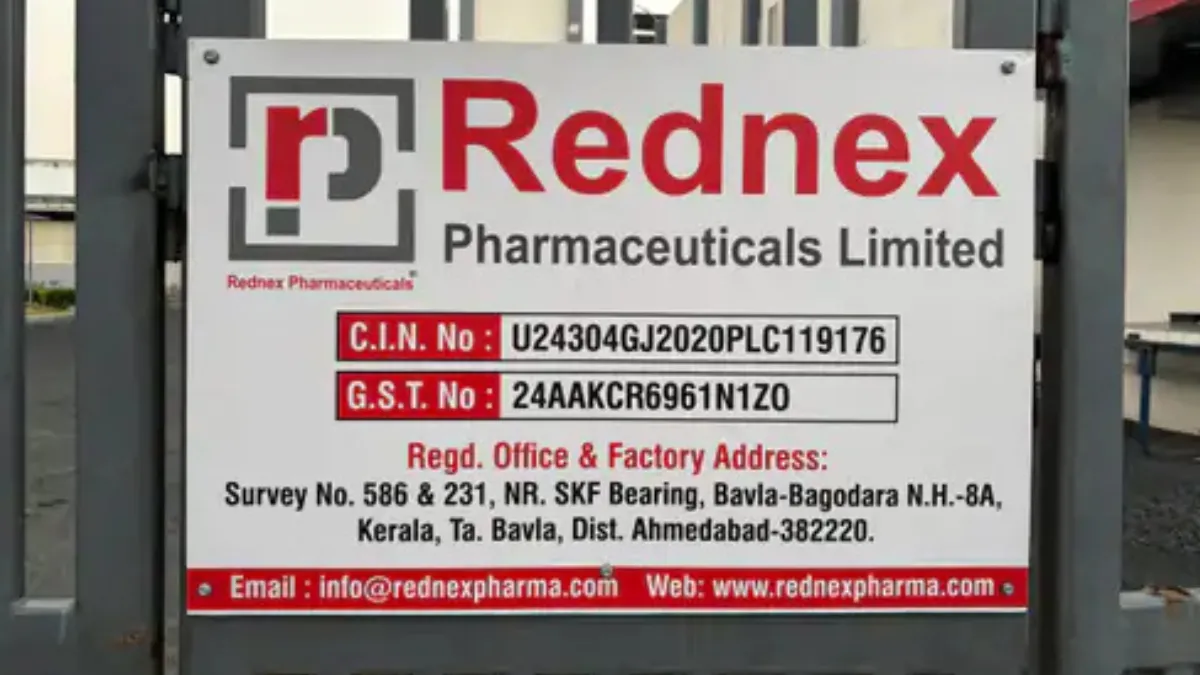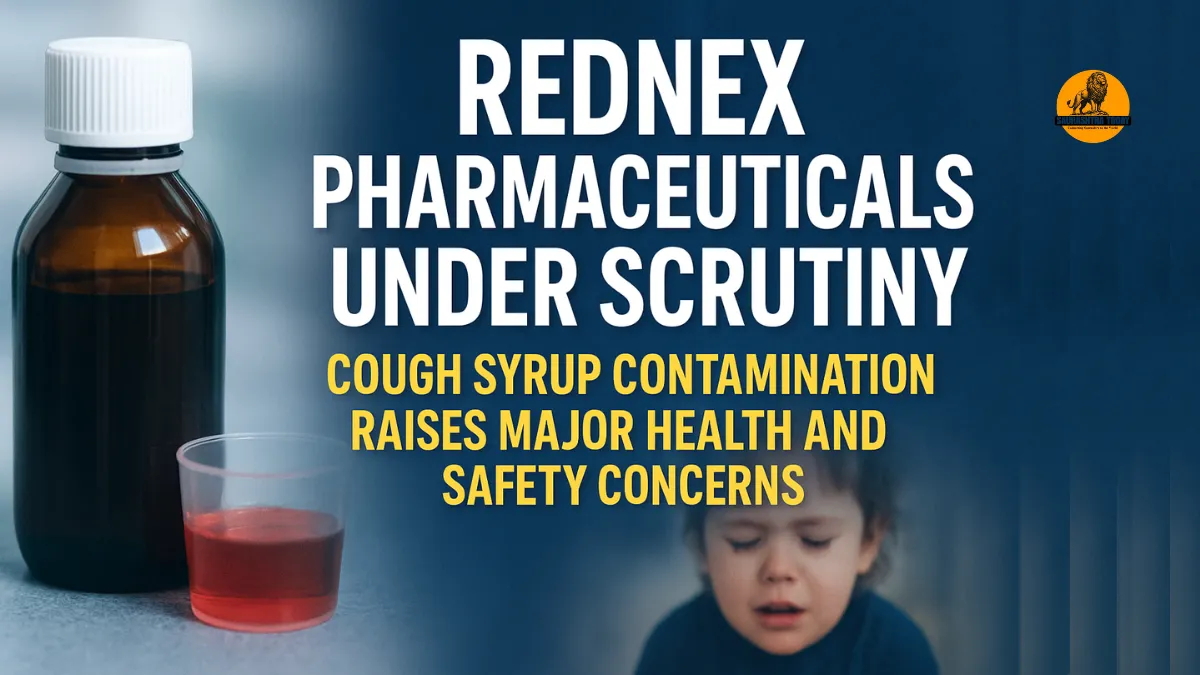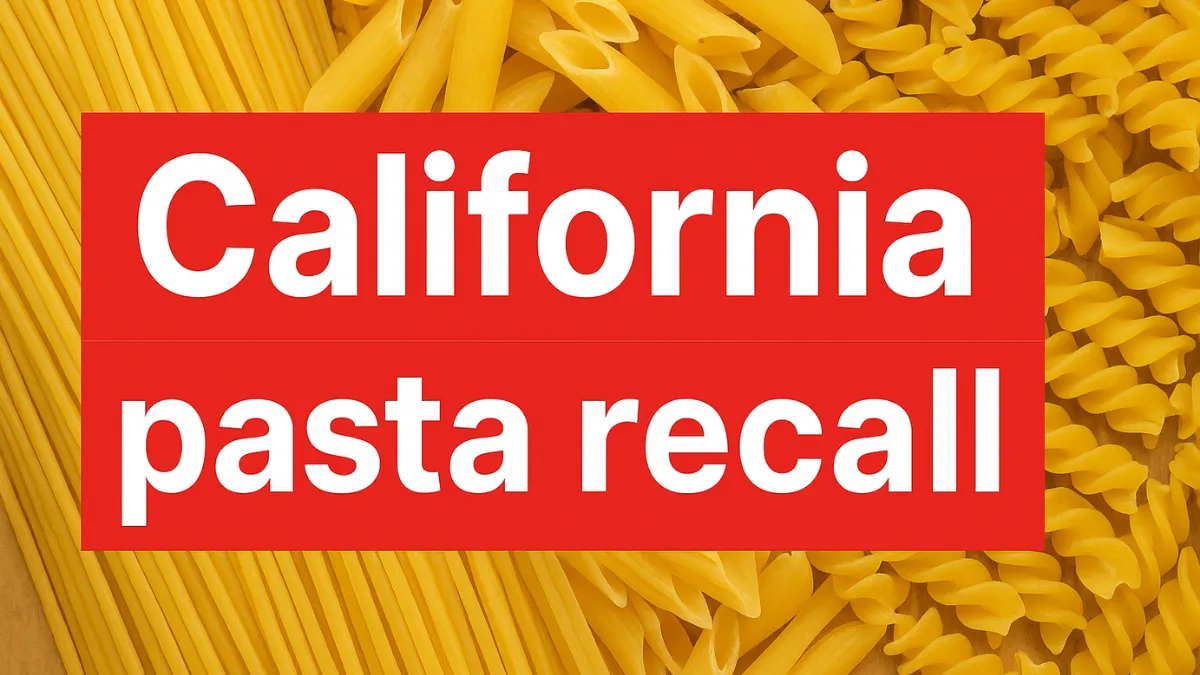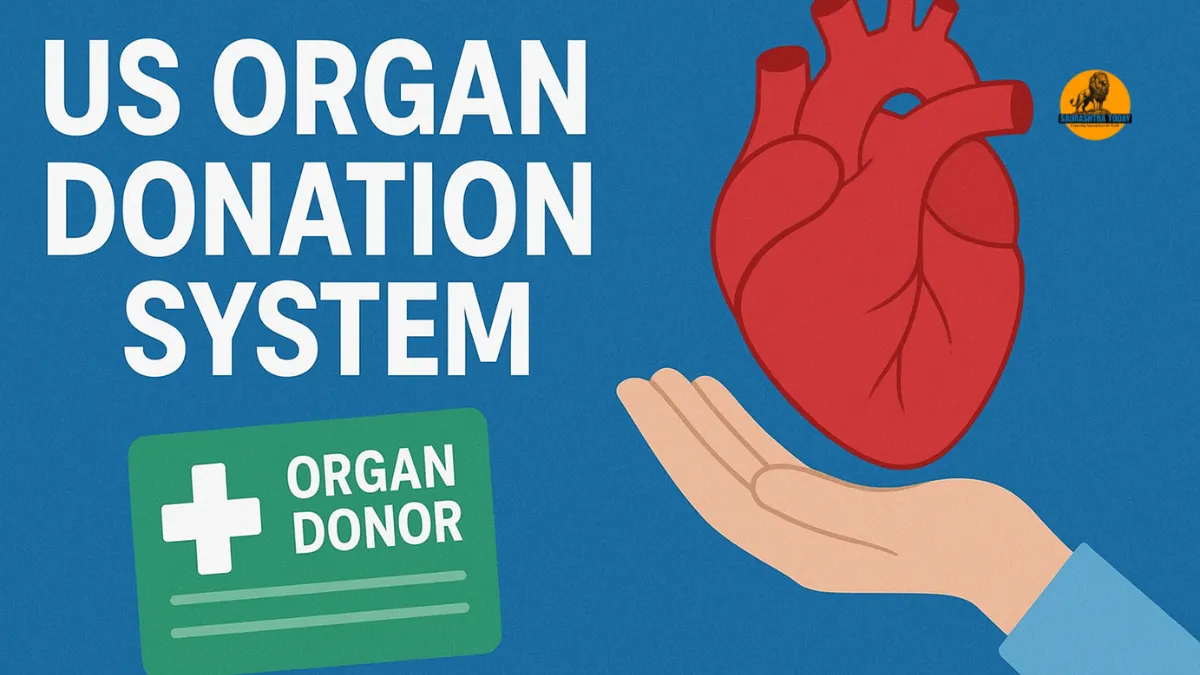Rednex Pharmaceuticals faces regulatory action after a cough syrup manufactured in Gujarat was found contaminated with Diethylene Glycol (DEG). Learn about the health risks, government response, and the urgent call for stricter pharma regulations
Rednex Pharmaceuticals: A Rising Health Concern in India’s Pharma Landscape
In a recent and deeply concerning turn of events, Rednex Pharmaceuticals Pvt. Ltd., a Gujarat-based pharmaceutical manufacturer, has come under investigation after authorities sealed its production facility in Bavla, Ahmedabad. The action followed alarming reports linking contaminated cough syrup to multiple child deaths in India. Tests revealed dangerously high levels of Diethylene Glycol (DEG) — a toxic chemical — in the syrup samples.
The incident has reignited the debate about drug safety, manufacturing ethics, and the urgent need for tighter pharmaceutical regulation in India. What began as a local product recall has now caught international attention, particularly from regulatory and health watchdogs across the US and UK, where drug import standards are among the strictest in the world.

How the Tragedy Unfolded: From Tamil Nadu to Gujarat
The crisis traces its roots to a series of tragic child deaths in Madhya Pradesh, where 16 children aged between one and five years reportedly died within just 32 days. The deaths were initially linked to Coldrif Cough Syrup, manufactured by a pharmaceutical company based in Tamil Nadu’s Kanchipuram. Laboratory analysis of the syrup samples revealed an alarming 46.28% concentration of Diethylene Glycol (DEG) — nearly 486 times higher than the permissible limit of 0.1%.
DEG, a clear, sweet-tasting solvent, is often used in antifreeze and as a stabilizer in medications. However, even small doses beyond the safe threshold can cause acute kidney failure, liver damage, and nervous system complications, particularly in children.
Following this revelation, the Central Drugs Standard Control Organization (CDSCO) ordered a nationwide investigation and an immediate suspension of the company’s production license. Soon after, the probe extended to other Indian states, including Gujarat and Rajasthan, where similar cough syrup samples were collected for testing.
Rednex Pharmaceuticals Comes Under the Radar
During state-wide inspections, health officials discovered that the Respifresh TR Cough Syrup, manufactured by Rednex Pharmaceuticals Pvt. Ltd., also contained Diethylene Glycol (DEG) levels exceeding the prescribed safety limit. As a result, the company’s Bavla plant was sealed, and all products were withdrawn from the market as a precautionary measure.
When authorities visited the site, the factory gates were locked, and only a security guard was present. No employees were allowed to enter or access the facility. The state’s Food and Drugs Control Administration (FDCA) subsequently confirmed that all production and distribution activities at Rednex Pharmaceuticals have been suspended pending further inquiry.
Why Diethylene Glycol (DEG) Is Dangerous
According to medical experts, Diethylene Glycol (DEG) is a colorless, odorless liquid used as a solvent to maintain the consistency and stability of liquid formulations. While it has industrial applications, its use in pharmaceuticals must be strictly limited to under 0.1%.
At higher concentrations, DEG can cause severe kidney failure, liver toxicity, and neurological damage. In children, the risks are far greater — even a small overdose can be fatal. The toxic compound interferes with kidney function, leading to the accumulation of waste products in the body and ultimately causing multi-organ failure.
In 2022, a similar tragedy unfolded in Africa, where DEG-contaminated cough syrups led to the deaths of over 65 children. This global pattern of negligence highlights how gaps in pharmaceutical quality control can have devastating consequences.
Government Action and Regulatory Response
The Indian government acted swiftly following the DEG contamination reports. All manufacturers of cough syrups containing Chlorpheniramine Maleate and Phenylephrine HCl were instructed to conduct immediate quality re-evaluation.
An advisory was also sent to drug inspectors, chief medical officers, and medical college deans, urging them to ensure that all pharmaceutical formulations meet national and international safety standards.
Officials emphasized that no syrup containing DEG or Ethylene Glycol should exceed the approved limit, and all manufacturers must provide updated safety documentation before reintroducing their products to the market.
This incident serves as a wake-up call for India’s vast pharmaceutical network — estimated to include over 75,000 active formulations and 600 to 700 companies that produce similar cough syrups. As demand peaks during seasonal changes, ensuring compliance with drug safety norms becomes even more crucial.
Expert Opinions: What Went Wrong
Experts believe that the contamination may not have been intentional but could result from improper raw material sourcing or inadequate testing. A senior representative from the Federation of Gujarat State Chemists & Druggists Associations (FGSCDA) explained that each drug should undergo rigorous testing before entering the market. However, in the race to meet demand, shortcuts in quality assurance sometimes occur.
“Even if a company receives permission for a specific drug formula, it must ensure strict adherence to that formula during production,” the expert noted. “Deviation, even slightly, can have catastrophic effects.”
The representative also emphasized that adult dosages cannot be prescribed for children, as children’s kidneys and livers are not mature enough to process such chemical loads. Many parents unknowingly administer adult cough syrups to their children, unaware of the potential risks.
The Role of Parents and Physicians
Pediatricians have also urged parents not to give over-the-counter cough syrups to children without medical supervision.
According to pediatrician Dr. Urvashi Rana, “Diethylene Glycol is used as a stabilizer and solvent in many syrups, but if its concentration crosses the safety threshold, it can lead to acute toxicity in children. Parents must never assume that all syrups are safe just because they are available at pharmacies.”
Dr. Rana further advised that parents consult a pediatrician if their child shows signs of persistent cough, fever, or respiratory distress instead of self-medicating.
“Even natural home remedies should only be used after medical advice,” she added. “A child’s system is far more sensitive than that of an adult, so extra caution is essential.”
Lack of Stringent Enforcement and the Need for Reform
Pharmaceutical analysts argue that India’s drug quality laws need urgent strengthening. Currently, penalties for negligence or contamination are often delayed or minimal. In many past incidents, banned companies have reappeared in the market under new names after a short hiatus.
Industry observers have suggested that the government adopt measures similar to international “red corner notice” frameworks, where once a company is found guilty of endangering public health, its owners and staff are permanently barred from re-entering the drug manufacturing sector.
Such reforms, experts believe, will act as a deterrent to malpractice and help rebuild public trust in the Indian pharmaceutical ecosystem, which is globally renowned for its production capacity but increasingly questioned for its safety protocols.
Global Implications and Trade Impact
India is one of the world’s largest exporters of generic drugs, supplying billions of dollars’ worth of pharmaceutical products to markets in Africa, the Middle East, Europe, and North America.
However, incidents like the one involving Rednex Pharmaceuticals risk damaging the country’s hard-earned reputation in the international pharmaceutical trade.
Regulators in the US Food and Drug Administration (FDA) and the UK’s Medicines and Healthcare Products Regulatory Agency (MHRA) have already begun reviewing import protocols to ensure that all incoming products from India meet the strictest safety standards.
If quality lapses continue, India could face temporary trade restrictions or heightened inspection requirements, potentially affecting its $25 billion pharma export industry.
Also read: Anant Ambani Fitness Insights: Expert Reveals Truth About Working Out on an Empty Stomach
Preventive Steps for the Future
To prevent future tragedies, experts recommend the following measures:
- Mandatory Batch Testing: Every batch of pharmaceutical syrup should undergo independent quality verification before release.
- Real-Time Traceability: Implementation of barcode systems to trace each drug from factory to pharmacy.
- Public Disclosure: Pharmaceutical test results should be published online for transparency.
- Permanent Licensing Penalties: Companies found guilty of using unsafe ingredients must lose their licenses permanently.
- Parental Awareness Campaigns: Educate parents on safe medication practices for children.
If enforced effectively, these steps can drastically reduce the chances of another DEG-related tragedy.
Conclusion: Lessons from the Rednex Pharmaceuticals Case
The Rednex Pharmaceuticals case is not merely about one company’s failure; it reflects broader cracks in the pharmaceutical oversight system. The tragedy underscores the urgent need for transparency, accountability, and stronger regulatory vigilance across India’s drug manufacturing sector.
Children’s medicines should never pose a threat to their lives. As India aims to strengthen its position as a global pharmaceutical hub, ensuring the safety and efficacy of every formulation — especially those intended for children — must remain a non-negotiable priority.


















